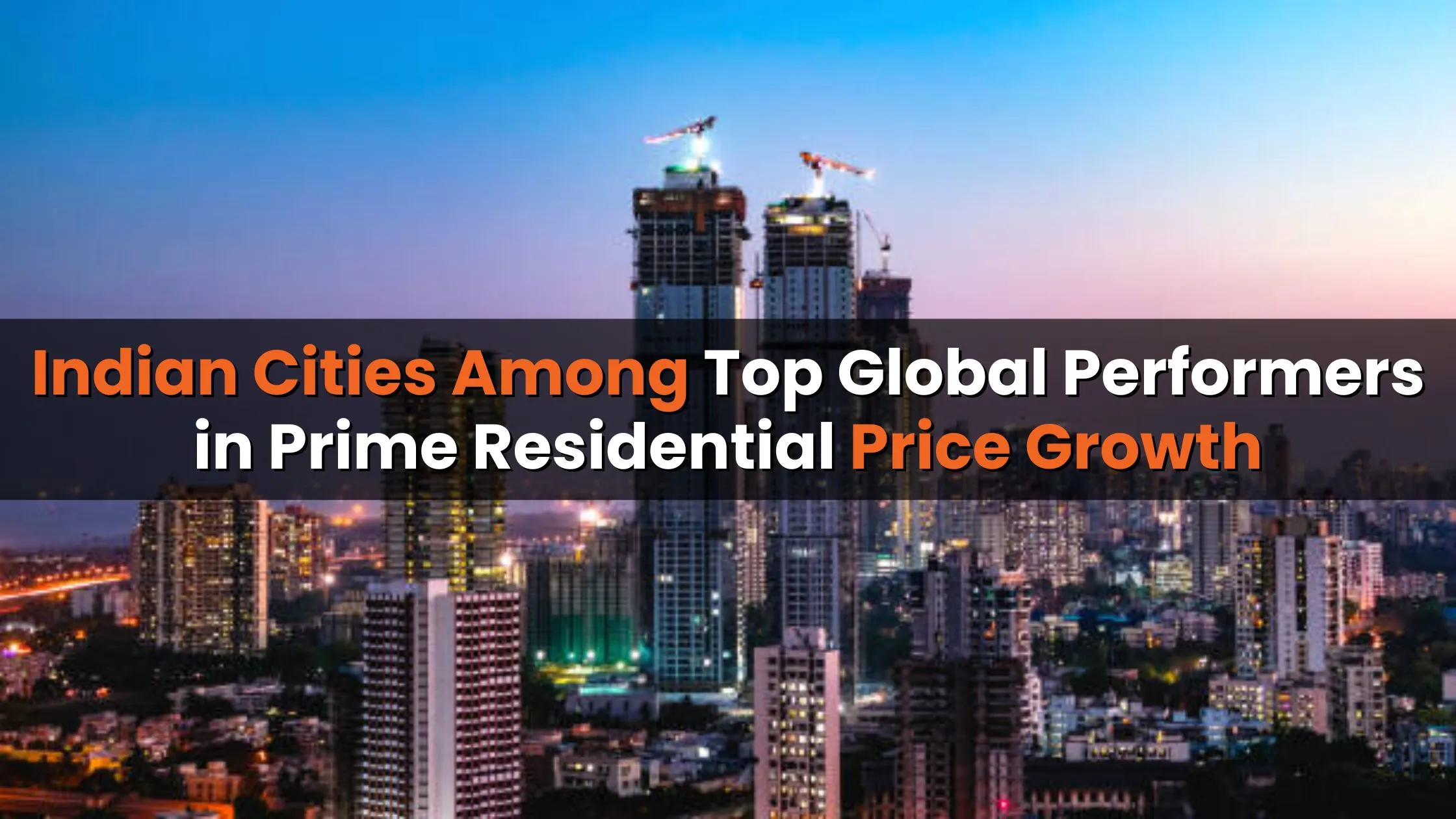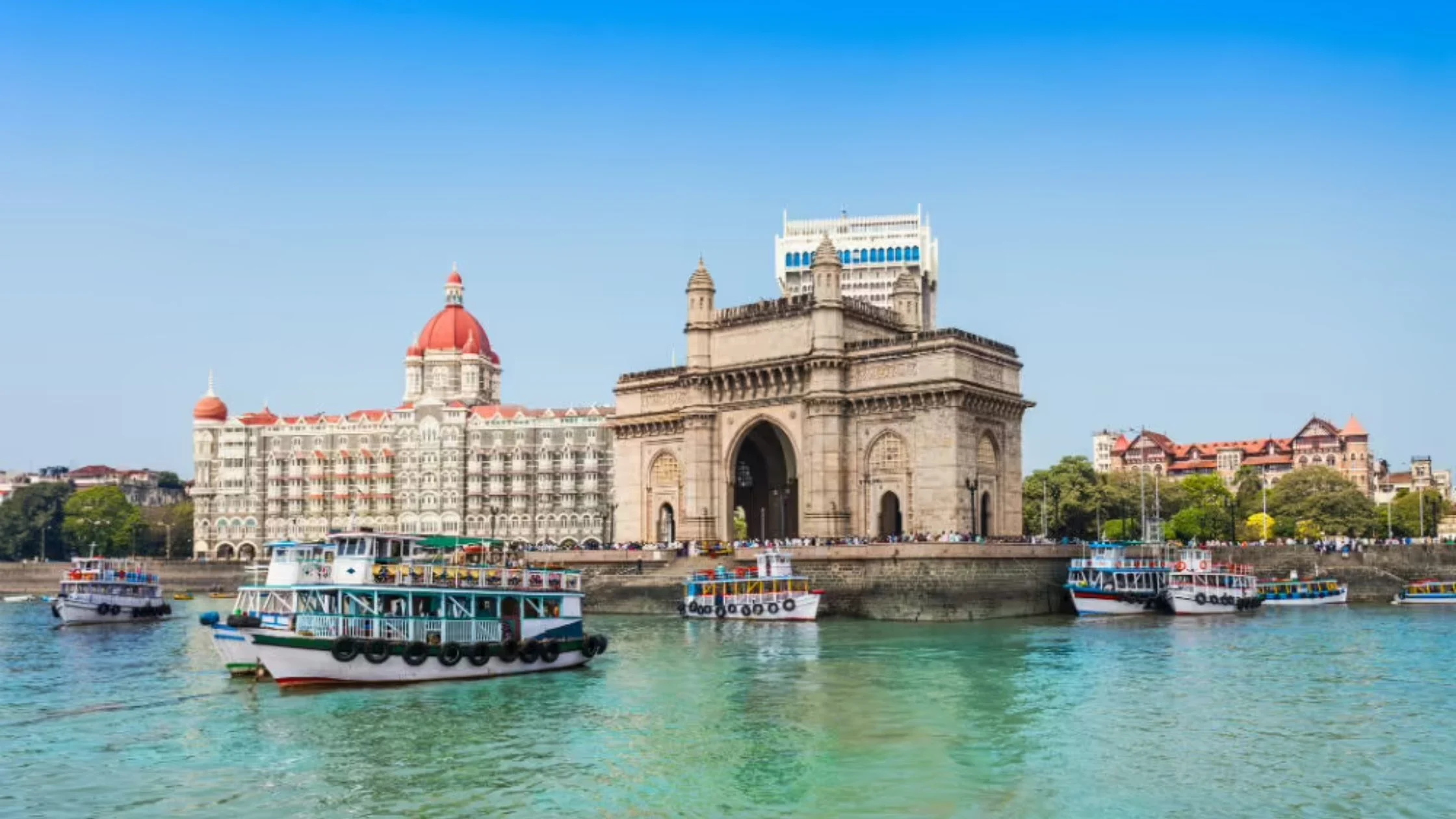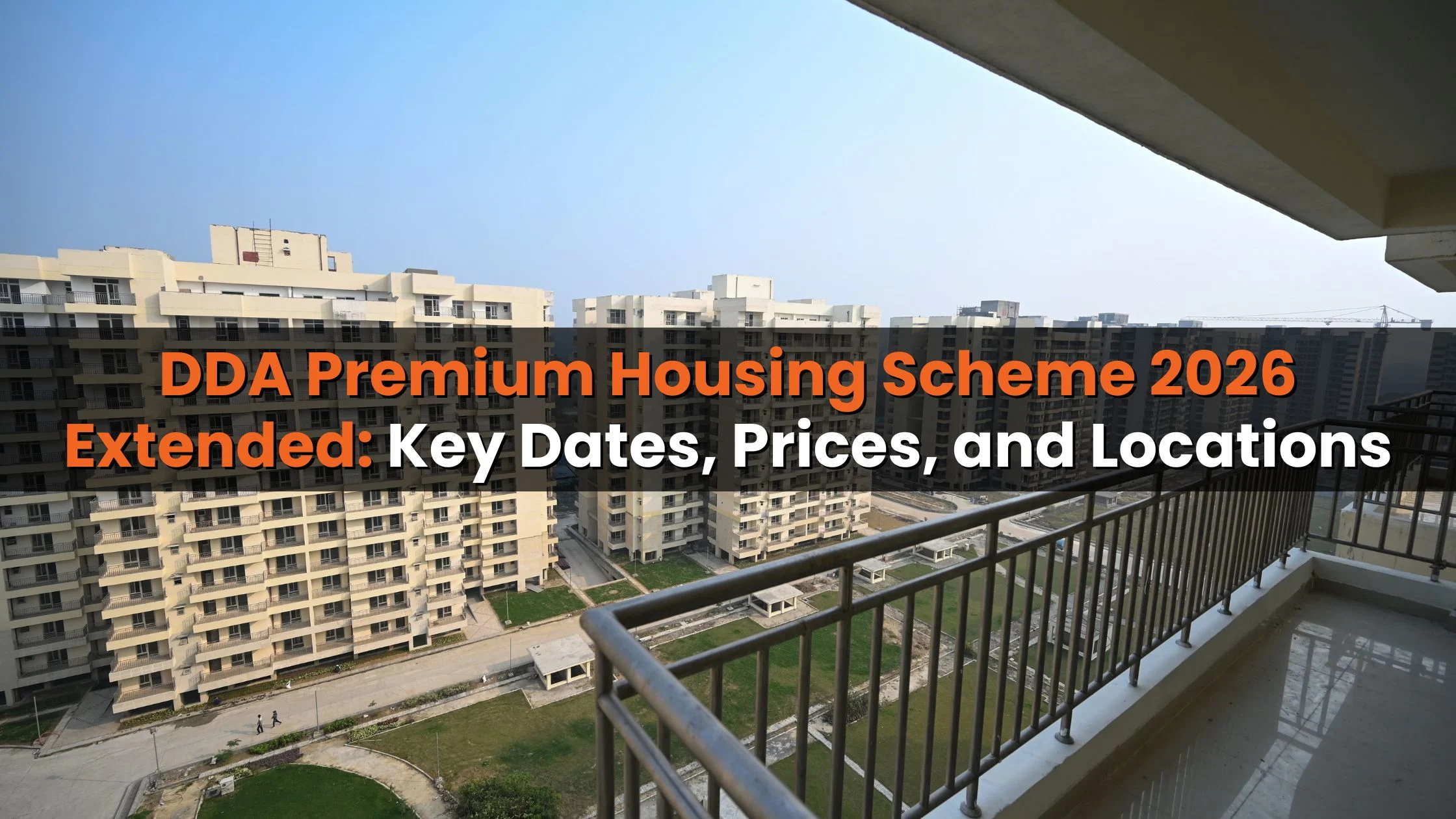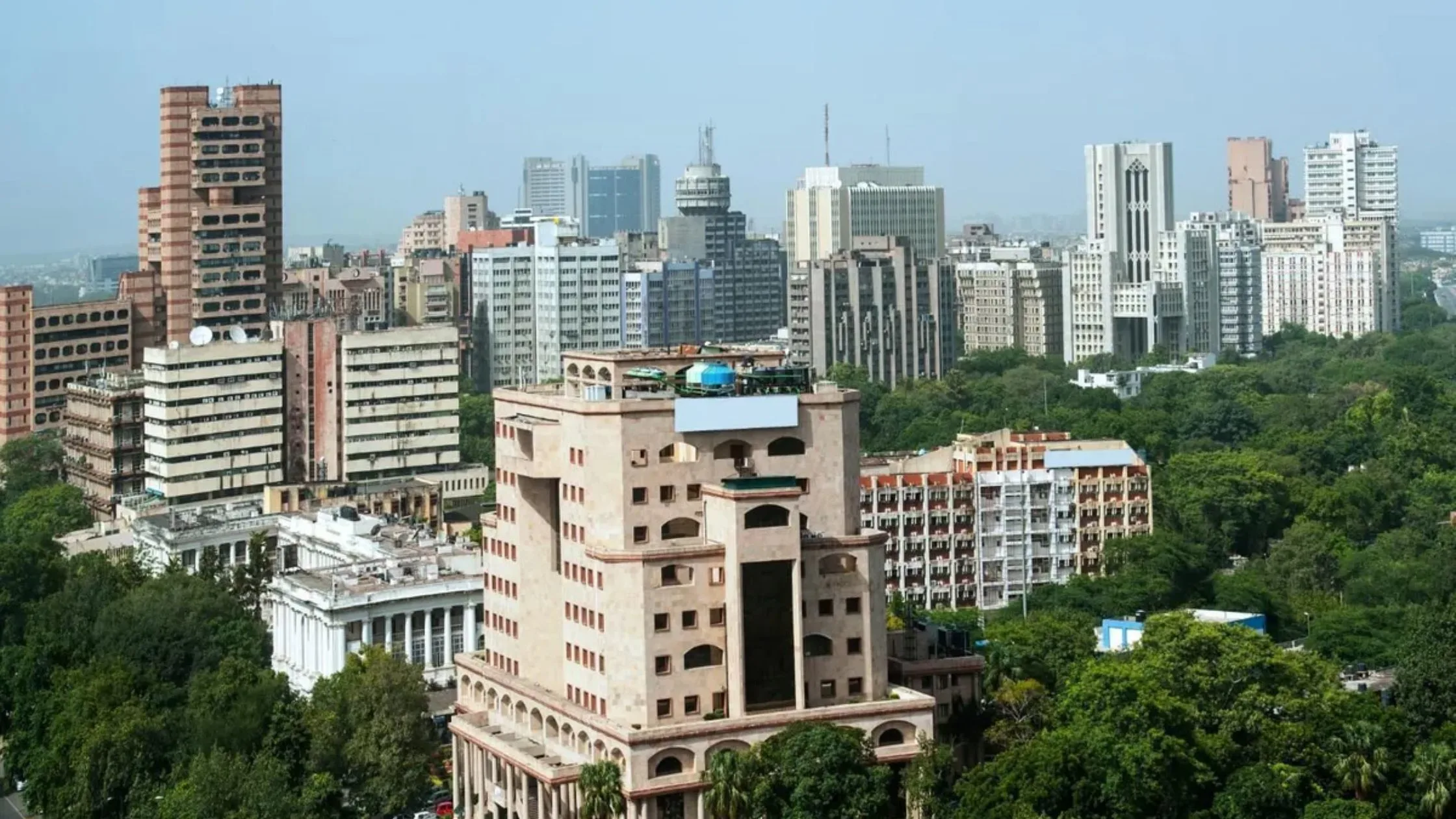Table of Content
▲
In an impressive showcase of the increasing standing of India in the international real estate scene, Bengaluru, Mumbai, and Delhi have ranked in the top 15 global cities for prime residential price growth. And according to the Q1 2025 Prime Global Cities Index released by noted commercial real estate consultancy Knight Frank, these Indian cities have reached significant milestones demonstrating a high demand for luxury housing in the nation as a whole.
Prime Global Cities Index: An Overview
The Prime Global Cities Index is a valuation-based report that tracks the annual price movement of prime residential markets in 45 global cities. The Q1 2025 Index also indicated that the price movement for the 45 tracked cities represented a trend of global recovery in the luxury pricing market because 72% of the tracked cities reported positive annual growth in the prices. The cities had an average of 2.8% annual price movement, which was not impressive when compared with the long-term average price increase of 5.3%, but the Q1 2025 prime global cities index of 2.8% marked the eighth consecutive quarter of positive growth.
Also Read: Oberoi Realty Achieves ₹970 Crore Sales for 2.1 Lakh Sq. Ft. of Apartments in Goregaon, Mumbai
India’s Top Performers
Bengaluru led Indian cities with an annual growth rate of 8.3%, ranking fourth globally, while Mumbai achieved a 7.6% increase to place fifth, and Delhi recorded a 3.9% increase in the top 15. These results reflect the durability and dynamism of India's real estate market, particularly in the luxury market.
Factors Driving Growth
- Strong Domestic Demand: The growing preference for premium homes among Indian buyers, driven by rising incomes and evolving lifestyle aspirations, is a critical factor.
- Infrastructure Development: Cities like Bengaluru and Mumbai have benefited from robust infrastructure projects that enhance connectivity and livability.
- Economic Stability: A stable economic environment has bolstered consumer confidence, encouraging investments in high-value properties.
- Global Attention: Increased international interest in Indian urban centers has further fueled demand for luxury residential properties.
Bengaluru: The Rising Star
The 8.3% year-on-year growth in price in Bengaluru means it has overtaken many other established global cities. Recognized for its burgeoning IT city, the city has attracted a significant number of high-net-worth individuals (HNWIs) looking for a home in the top tier of the market. Because of its modern conveniences, green space, and mix of culture, it has become the preferred location for luxury housing.
Mumbai: The Financial Hub
Mumbai's key residential market saw 7.6% price growth, placing it on track to become a global player. As India’s financial capital, it doesn't stop attracting both domestic and international investment. Development and infrastructure works including metro and coastal developments leave nothing but upside.
Delhi: The Capital Advantage
With a prime residential price growth of 3.9%, Delhi is continuing with its premium real estate status that has been entrenched for the past several years now. As a blend of heritage and modernity, Delhi has offered unique investment opportunities for real estate investors, being close to political clusters and economic centres located elsewhere in the country for affluent buyers.
Global Context: How Indian Cities Compare
The Q1 2025 Index showed that cities across the Asia-Pacific and Middle East regions are leading the recovery in growth for prime residential pricing across the globe. Top of the list was Seoul with an 18.4% annual rise. Then, we have Dubai, with a 16% increase followed by Tokyo at 15.5 percent. Other cities in the West, such as London and Toronto, saw very slight declines, and were mainly affected by instability in monetary policies and interest rate changes.
Also Read: Vardhman Amrante backed by Oswal Group announces ₹1,350 Crore Investment in Punjab
Expert Insights
Shishir Baijal, Chairman and Managing Director of Knight Frank India, said, “The good result the Indian cities have achieved on the global index indicates an evolving proposition for premium homes fuelled in part by economic resilience, lifestyle aspirations of buyers and an improved focus by global markets on Indian cities. Cities like Bengaluru and Mumbai are benefitting from greater end-user demand, strong infrastructure development and rising wealth.
Baijal also suggested that demand for prime residential properties will remain resilient with interest rates softening and buyers questioning confidence to enter the market.
Conclusion
India's position among the top 15 cities globally for prime residential price growth demonstrates its evolving presence on the global real estate stage. Bengaluru, Mumbai, and Delhi have proven to be resilient to change, adapting through strong domestic demand, a more stable economy, and future-forward infrastructure plans. As these cities improve their ranking, they will continue to establish India's economic potential while showcasing a continuing appetite for high-quality, luxury residential living.
With a further forecast of luxury real estate market growth, the residential prime market in India looks to continue its global presence. A great time for local buyers and investors to engage with these growing urban markets.
Follow AquireAcers Whatsapp Channel to Stay Updated With The Latest Real Estate News







_1771410929.webp)
Ans 1. The Prime Global Cities Index is a valuation-based report by Knight Frank that tracks annual price movements in the luxury residential markets of 45 global cities.
Ans 2. Bengaluru ranked 4th globally with 8.3% growth, Mumbai ranked 5th with 7.6% growth, and Delhi ranked in the top 15 with a 3.9% increase.
Ans 3. Key factors include strong domestic demand, robust infrastructure development, economic stability, and increased global attention to Indian urban centers.
Ans 4. Bengaluru's IT hub status, modern infrastructure, green spaces, and appeal to high-net-worth individuals (HNWIs) contribute to its significant 8.3% price growth.
Ans 5. Mumbai's status as India’s financial capital, along with ongoing infrastructure projects, makes it a magnet for domestic and international investments in luxury housing.
Ans 6. Delhi's blend of heritage, modernity, and proximity to political and economic hubs ensures continued demand for premium housing.
Ans 7. While Indian cities showed impressive growth, global leaders like Seoul (18.4%), Dubai (16%), and Tokyo (15.5%) recorded even higher annual price growth in Q1 2025.
Ans 8. The global recovery is driven by increasing demand, economic resilience, and a gradual easing of monetary policies, with 72% of cities reporting positive annual price growth.